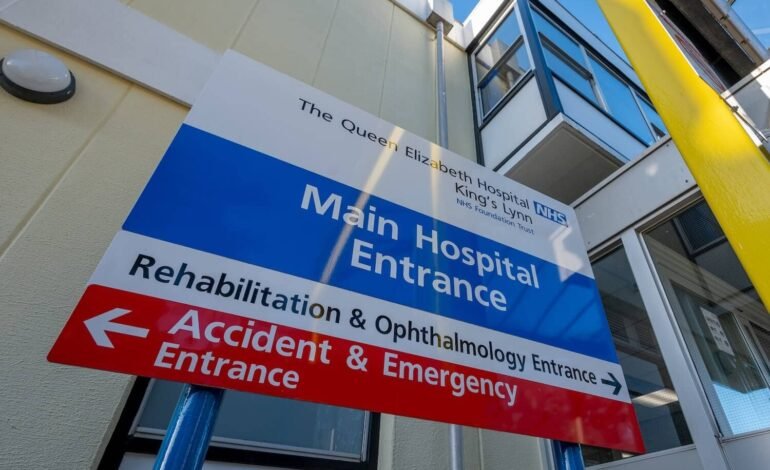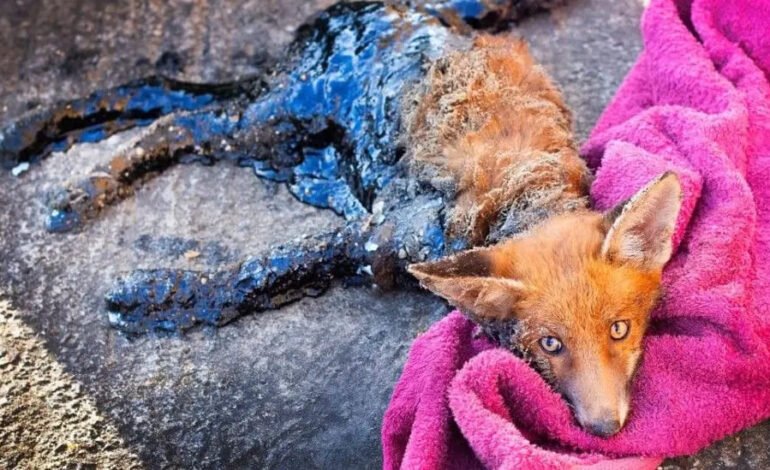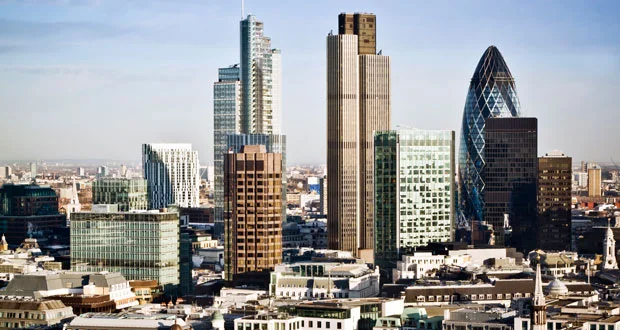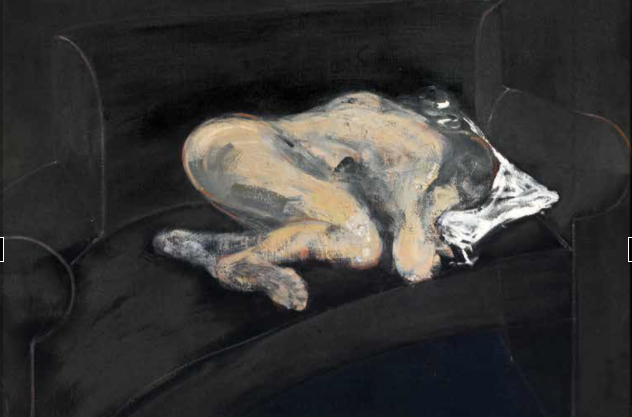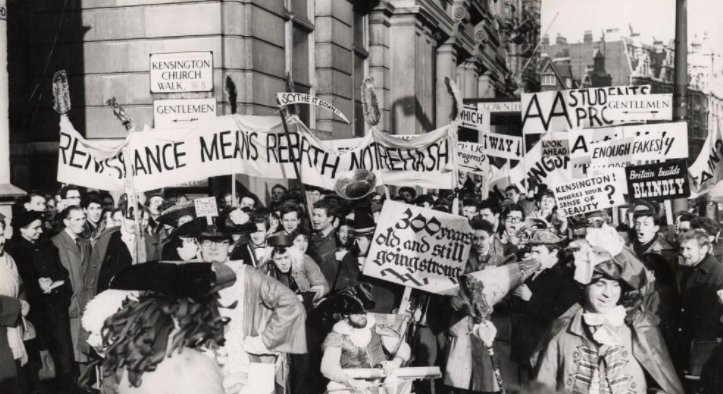A new Banksy mural appears on Carey Street beside the Royal Courts of Justice
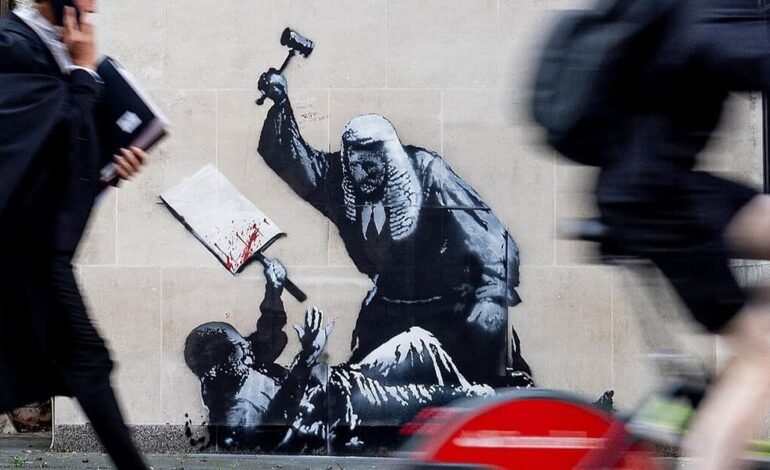
A new Banksy mural at the Royal Courts of Justice appeared overnight on Carey Street, on the Queen’s Building flank of the complex, showing a judge in wig and robe striking a protester as blood spatters a fallen placard. Within hours it was shrouded in plastic and fenced off, as passers-by stopped to photograph the wall and security staff kept watch.
The appearance comes two days after a London protest at which nearly 900 people were arrested over the ban on Palestine Action. The mural names no cause and carries no slogan, but it lands in the middle of a heated argument about power, protest and what belongs on the city’s walls. Court officials have indicated the work will be removed. The Metropolitan Police say they have received a report of criminal damage and enquiries are continuing. A spokesperson for HM Courts and Tribunals noted the building’s listed status and the obligation to preserve its original character.
London News — Latest from EyeOnLondon
Keep reading for context, analysis and updates across transport, planning and the City.
Tube strikes in September 2025: what travellers need to know
Dates, affected lines and what it means for commuters as industrial action returns to the Underground.
Read MoreMore London & UK News
Liverpool Street Station redevelopment: latest from Network Rail
Where plans stand for one of London’s busiest hubs, from heritage concerns to passenger capacity.
Read MoreMore London & UK News
Incubator economy warning from the Lord Mayor
Why start-ups and scale-ups matter to the Square Mile—and the risks if funding and space dry up.
Read MoreMore London & UK News
Banksy confirmed authorship in his usual fashion, posting an image to his official Instagram and later adding it to the artist’s pared-back official website. For collectors and institutions the final word on provenance sits with the artist’s verifier, Pest Control Office, a formal counterpoint to the ephemerality of street art, where pieces are often covered, cut out or simply cleaned away.
Reaction to the Banksy mural has been swift. Labour peer Harriet Harman called it a “protest about the law”, while stressing that judges interpret what Parliament enacts. The scene on Carey Street was less theoretical: a usually quiet service road turned into a viewing point, with people craning for a glimpse of the sheeting and one guard joking he was just grateful it wasn’t raining.
London has seen this pattern before. Last summer Banksy scattered animal-themed works across the capital: a gorilla appeared to lift a shutter at London Zoo, piranhas swam around a police sentry box in the Square Mile, territory of the City of London Corporation, and a wolf howled from a satellite dish in Peckham, where the piece vanished almost as quickly as it arrived, part of a familiar churn in a borough overseen by Southwark Council. Some elements of that series are now expected to be cared for by the city’s museums; the Museum of London has previously taken custody of removed street pieces to preserve them for public view.
Whether the Banksy Royal Courts of Justice mural survives in situ is uncertain. It may be cleaned, it may be cut out, or it may remain covered. Either way, it has already done what much of Banksy’s work does: turned a back street into a gallery, started a row, and left behind an image that will likely live longer in photographs than on brick.
[Image Credit | Designboom]
EyeOnLondon — Arts & Culture
For reviews, interviews and features across film, TV, theatre, galleries and street art, stay with EyeOnLondon for intelligent coverage that keeps you in the know.
Follow us on:
Subscribe to our YouTube channel for the latest videos and updates!
We value your thoughts! Share your feedback and help us make EyeOnLondon even better!

